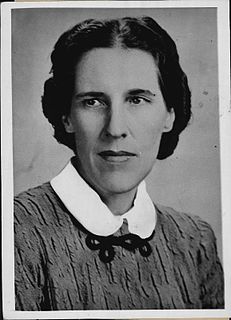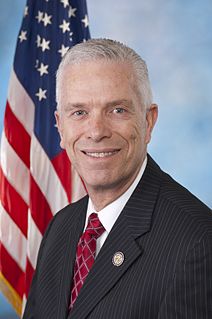A Quote by Isaac D'Israeli
The greater part of our writers have become so original, that no one cares to imitate them: and those who never quote in return are seldom quoted.
Related Quotes
It is generally supposed that where there is no QUOTATION, there will be found most originality; and as people like to lay out their money according to their notions, our writers usually furnish their pages rapidly with the productions of their own soil: they run up a quickset hedge, or plant a poplar, and get trees and hedges of this fashion much faster than the former landlords procured their timber. The greater part of our writers, in consequence, have become so original, that no one cares to imitate them; and those who never quote, in return are never quoted!
The desert takes our dreams away from us, and they don't always return. We know that, and we are used to it. Those who don't return become a part of the clouds, a part of the animals that hide in the ravines and of the water that comes from the earth. They become part of everything. They become the Soul of the World.
All this is labour which never meets the eye.... But too open and generous a revelation of the chapter and the page of the original quoted, has often proved detrimental to the legitimate honours of the quoter. They are unfairly appropriated by the next comer; the quoter is never quoted, but the authority he has afforded is produced by his successor with the air of an original research.
We rarely quote nowadays to appeal to authority... though we quote sometimes to display our sapience and erudition. Some authors we quote against. Some we quote not at all, offering them our scrupulous avoidance, and so make them part of our "white mythology." Other authors we constantly invoke, chanting their names in cerebral rituals of propitiation or ancestor worship.
When [Jimmy] Carter did quote them, he quoted them in what I believe were misapplications, such as arguing for the creation of a federal Department of Education. In one case, Carter quoted [Tomas] Jefferson's and [George] Washington's appreciation of education and then, in a leap, implied that they would be delighted that he was creating a giant federal bureaucracy for education.
At our theaters we only see feeble copies of the copies that have proceeded them, renounce that slavish routine which keeps your art in its infancy; examine everything relative to the development of talents; be original; form a style for yourselves based on your private studies; if you must copy, imitate nature, it is a noble model and never misleads those who follow it.
There are two tests that we [writers] have for all of our writing: So What? and Who Cares? There is an answer to both. The answer to Who Cares is that a reader cares, if the writing is good. The answer to So What is that these ideas give us completely new understanding, change our sense of who we [people] are and why we're here [on this planet].
At our best and most fortunate we make pictures because of what stands before our camera, to honor what is greater and more interesting than we are. We never accomplish this perfectly, though in return we are given something perfect--a sense of inclusion. Our subject thus redefines us, and is part of the biography by which we want to be known.

































